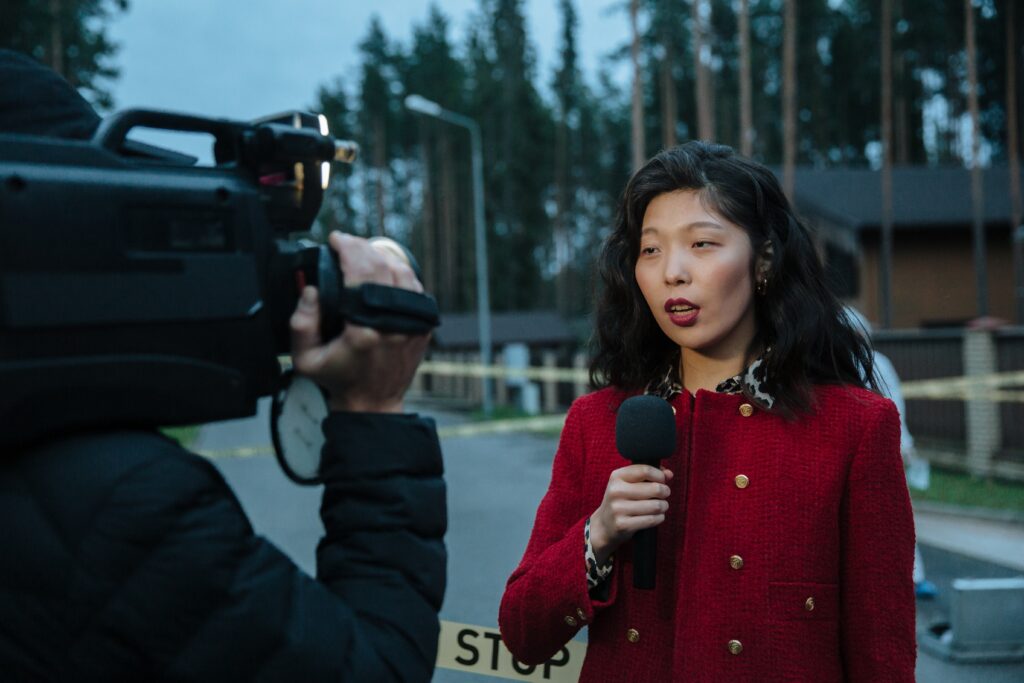
Every year, countless individuals go missing, leaving behind worried families and friends desperately seeking answers. The search for missing persons is a complex and multifaceted process that requires diverse experience from all those involved. Jobs that help find missing persons stretch across multiple industries to create a comprehensive search campaign that is more likely to yield results.
Jobs That Help Find Missing Persons
Law Enforcement Officers
One of the most visible jobs that help find missing persons is law enforcement. Law enforcement agencies, including local police departments, state troopers, and federal agencies like the FBI, have dedicated units and detectives specialized in missing persons cases. These officers use their training and resources to conduct searches, gather evidence, and coordinate efforts to locate missing individuals. They often collaborate with other professionals and agencies to maximize their chances of success.
Private Investigators
Private investigators are often at the forefront of finding missing persons. While law enforcement officials have some prerequisites for investigating a missing person case, private investigators can begin searching immediately after speaking with the person’s family. They use their investigative skills to gather information, conduct interviews, and follow leads. These professionals may work independently or as part of a larger investigative agency. Private investigators play a crucial role in locating individuals who may be intentionally hiding or who have disappeared under mysterious circumstances.
Search and Rescue Teams
Search and rescue (SAR) teams are essential in locating missing persons, especially in cases involving wilderness or outdoor disappearances. These highly trained teams use various techniques and equipment to search for individuals in challenging environments. They work tirelessly to bring lost hikers, hunters, and adventurers back to safety. Amongst the various jobs that help find missing persons, SAR personnel are some of the most valuable. Without their equipment and expertise, many more families would be left without answers in the disappearance of their loved one.
Intelligence Analysts
Intelligence analysts, often associated with government agencies, provide critical support in missing persons investigations. They analyze data, assess threats, and help identify patterns or potential risks associated with the disappearance. Intelligence analysts also play a crucial role in cases involving human trafficking or other criminal organizations.
Forensic Experts
Forensic experts, including forensic anthropologists, pathologists, and DNA analysts, assist in identifying missing persons when remains are found. They use scientific methods to determine the cause of death, establish the individual’s identity, and gather evidence for investigations. DNA analysis, in particular, has revolutionized the process of identifying missing persons.
Social Workers and Victim Advocates
Jobs that help find missing persons are not always directly associated with the missing. Social workers and victim advocates provide essential support to the families and loved ones of missing persons. They offer emotional assistance, help navigate the legal system, and connect families with resources such as counseling and support groups. Their role is instrumental in helping those affected cope with the emotional toll of a disappearance.
Media Professionals
Members of the media, including journalists and broadcasters, play a unique role in raising awareness about missing persons cases. They use their platforms to share information, broadcast appeals, and reach a wider audience. Media coverage can generate tips and leads that aid in locating missing individuals.
Volunteers and Community Activists
Volunteers and community activists often contribute significantly to finding missing persons. They organize search parties, distribute flyers, and engage in grassroots efforts to raise awareness and gather information. Their dedication and commitment can make a substantial difference in resolving cases.
The search for missing persons is a complex and challenging endeavor that requires the collective efforts of professionals from various fields. Private investigators, law enforcement officers, search and rescue teams, intelligence analysts, forensic experts, social workers, media professionals, volunteers, and community activists all play vital roles in finding missing individuals and bringing closure to families and communities. Their combined efforts demonstrate the power of collaboration and determination in the face of uncertainty.
